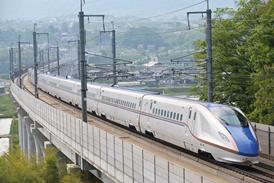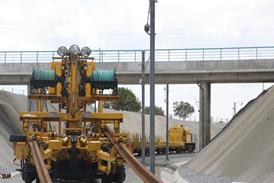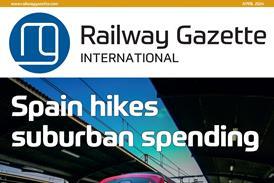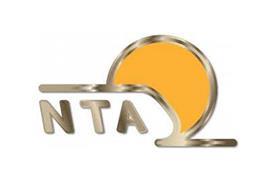Employment Taxes & Employment Status Specialist, Julia Clutterbuck, shares her thoughts on the benefits of using freelance contractors.

The economic downturn may require traditional views of employment to be reassessed so that businesses can survive. I believe that greater use of freelance contractors could provide the flexibility which businesses will need in order to continue to trade competitively, whether operating via their own personal service companies (PSCs) or as sole traders.
Employment status is a complex area. It is not a matter of choice for either a business or the individual they engage - it is a matter of fact, based on key terms and conditions of the working relationship between both parties. Add to this the changes introduced into the public sector from April 2017 under the off-payroll working rules, which still looks to be extended to the private sector from April 2021, and it is clear that, more than ever, a diligent approach to compliance including employment status by engagers is paramount.
For these reasons it is accepted that not all roles or engagements are suitable for or, in fact, will satisfy the self-employment status tests but this does not mean that freelance contractors cannot be utilised where the role is one of genuine self-employment.
Engaging compliant freelance contractors can support the rail sector and help ensure survival. A slow-down in projects or contracts available can increase a need for flexibility within the engager’s workforce. The use of freelance contractors, either those working as a sole trader or through their own PSC and outside the scope of the off-payroll working rules, does not attract the additional employment costs or redundancy considerations when there is a downturn in the work available that would otherwise occur where you have a permanent employed workforce.
Remember that whether the freelance contractor is a sole trader or working through their own PSC, the main focus remains one of employment status compliance and this has been one of The Guild’s areas of specialism for some 23 years.
This article is not a call to self-employment in favour of employment. It is important that the correct employment status is applied in each and every case and that those who flaunt the rules for their own commercial or personal gains are brought to task. Instances of false self-employment are detrimental to those individuals and businesses who are working within the rules and engaged in genuine contracts for services.
It is recognised that employing people offers the kind of control that many businesses prefer. However, the UK is now struck by economic hardship. Understandably, businesses in the rail industry will be looking for ways to sustain a viable competitive business model. Freelance contractors engaged on a compliant footing can undoubtably provide the engager with the opportunity to benefit from a flexible workforce whilst managing their overhead costs.
Some commentators will question a departure from employment in favour of the kind of flexible engagements put forward here. But, if the correct employment status of freelance contractors is secured and HMRC are satisfied that the engagement is one of genuine self-employment, would those same commentators not desire the survival of more businesses in these hard times?
The question of survival is already in play and will be key over the next six months.
To explore your company’s options, read more at The Guild website or feel free to contact me directly on JClutterbuck @trusttheguild.com




















